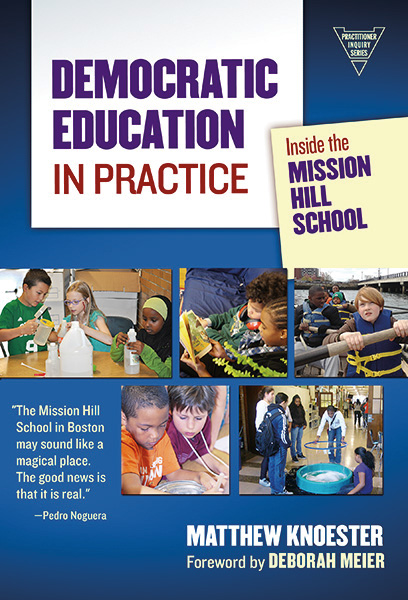
This Friday, November 30th at 1 PM, Fire Chief Mike Connelly will present EFD’s Combat Challenge Team with Certificates of Recognition for an outstanding season.
There will also be a photo session and time for interviews with the media.
The presentation will be at the EFD Administration Building, 550 SE 8th Street, Evansville.
Staying true to form TEAM EFD once again had a successful year and made a showing at the 21st Combat Challenge World Championships dubbed WORLD CHALLENGE XXI.
As you can see from their 5 Regional competitions and a World Challenge results, TEAM EFD is a force to be reckoned with. Congratulations to the Evansville Fire Department Challenge team members: Team Captain Joey Jones, Adam Brock, George Madison and Marc Schiele. Their results speak for themselves.
Joey Jones graciously supplied us with a recap of this year’s competitions. His number is below if you wish to contact him.
Here is the Evansville Fire Combat Challenge Team Wrap up for the season. I have attached a few pictures. If it’s possible, we would also like to get the word out that we are looking for 2013 team sponsors.
The first 4 days of worlds are wild card days in which each team competes for a spot in the finals which are ran on the last two days. We were able to run fast enough in the Team, Relay, and Tandem to make it. Not all teams get the privilege to run on the final two days. The finals consist of teams from all over the world, not just the US.
Returning team members are Adam Brock, George Madison, and Joey Jones. Marc Schiele started competing with the team at the start of the 2012 season.
– Indianapolis, IN FDIC – April 19, 2012
1st place Male Tandem (Brock/Madison)
2nd place Male Relay (Brock, Madison, Jones, Schiele)
3rd place Team (Brock, Madison, Schiele)
Top 10 Individual Male (Brock)
Top 10 Individual Male (Madison)
George Madison personal record 1:42.92
Marc Schiele personal record 2:13.53
– Milford, OH – April 29, 2012
1st place Male Tandem (Brock/Madison)
1st place Individual Male (Brock)
– Albertville, AL – May 12, 2012
Top 10 Individual (Madison)
– Fishers, IN – August 3, 2012
1st place Male Relay (Brock, Madison, Jones)
1st place Male Tandem (Brock/Madison)
1st place Individual Male (Brock)
– Lexington, KY – August 11, 2012
1st place Male Tandem (Brock/Madison)
1st place Individual Male (Brock)
2nd place Team (Brock, Madison, Schiele)
3rd place Male Relay (Brock, Madison, Jones, Schiele)
Top 10 Individual Male (Brock)
Top 10 Individual (Madison)
George Madison personal record 1:41.07
Marc Schiele personal record 2:03.19
– WORLD CHALLENGE XXI, Myrtle Beach, SC – November 12-17, 2012
3rd place Male Tandem (Brock/Madison)
Top 8 Male Relay (Brock, Madison, Jones, Schiele)
Adam Brock Sub 90 personal record 1:28.93
George Madison personal record 1:40.78
Marc Schiele personal record 1:51.09
Relay Team Record and new Indiana state record of 1:15.42
Team Personal Record and new Indiana state record of 5:06.24 (combined time of the 3 fastest individuals make a team time)
Contact Joey Jones 812-760-4134 with any questions.




 Matthew Knoester, assistant professor of education at the University of Evansville, has published a new book, Democratic Education in Practice: Inside the Mission Hill School.
Matthew Knoester, assistant professor of education at the University of Evansville, has published a new book, Democratic Education in Practice: Inside the Mission Hill School.


